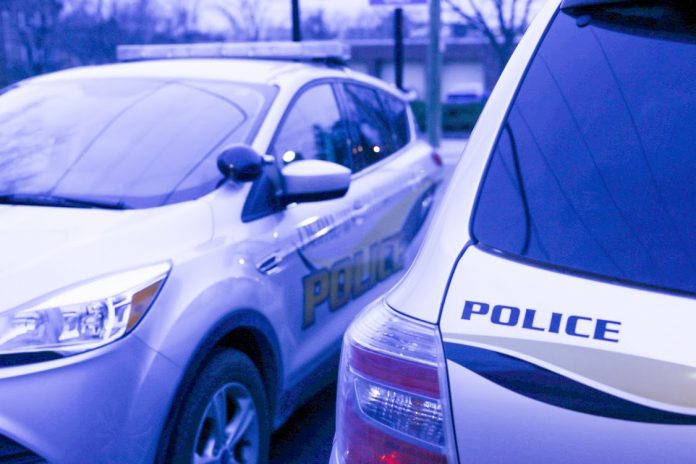

Law enforcement worries about high risk student drinkers
Binge drinking on DePauw’s campus has increased from 56 to 65 percent from 2008 to 2016, while binge drinking has decreased from 40 to 32 percent nationally during that time.
In the face of a growing drinking problem on campus the administration has responded by recently implementing policies that ban hard alcohol and impose fines on student who break the rules.
“We’ve seen it [death from overconsumption] happen at IU; we’ve seen it happen at Purdue; we’ve seen it happen at Wabash and it’s nearly happened here,” Angie Nally, former director of public safety, said.
The University administration under President Mark McCoy has been significantly stricter regarding alcohol consumption, especially compared to former President Brian Casey’s administration.
Timothy L. Bookwalter, Putnam County prosecutor, says he believes that during President Casey’s term, Public Safety officers took students to the hospital, waited with them until their BAC (blood alcohol content) lowered significantly and then dropped the student back off at their residence.
“I called it a valet service,” said Bookwalter. “And I didn’t believe that the police ought to be acting as a valet service.”
Although the administration has recently cracked down on the issue, there is still an alternative for students who get in trouble with Public Safety or the law regarding alcohol.
First, each situation and punishment is circumstantial. For example, if a student with an extremely low BAC is pulled over by Public Safety, “that may be a point in time where the officer would use their discretion to say ‘I’m only going to refer you through community standards,’” said Nally. “Because this is miniscule and it’s best to be held at the university level.”
On the other side of the spectrum, according to Nally, there are students who are hospitalized. In these situations, “our main priority in that particular situation is medical,” Nally said.
Then there are those in the middle of the spectrum, who, according to Nally, are a “baseline” and are all treated similarly despite those outside of the middle who are the “exceptions.”
If a student violates a law, the facts of the case will likely be referred to Bookwalter. In terms of law violations regarding alcohol, Bookwalter said underage drinking is a misdemeanor and there is an alternative to an actual charge.
This alternative is called a “pretrial diversion” and is a contract between the prosecutor’s office and the guilty student. This “pretrial” diversion was offered to the Wabash men who tried to steal the bell before the Monon Bell football game this year. The pretrial diversion is usually a six month to a year long period consisting of fees, sobriety and alcohol education classes. The majority of alcohol related cases are resolved through pre-trial diversion.
Bookwalter said no one wants to ruin a student’s chances for jobs and education after DePauw.
Although pretrial diversion is an option for some students who are not repeat offenders, those who are repeat offenders often times receive harsher punishments. “Your past comes back to haunt you in this business,” Bookwalter said.
Despite intensified efforts to control the drinking problem on campus, Lieutenant Rick Keller, assistant director of Public Safety, said he has seen things escalate since he began working at DePauw 15 years ago.
Charlene Shrewsbury, director of Public Safety, agrees with Keller and said, “I think that’s what our DePauw students don’t do. They don’t set limits.”
The escalation of this problem has also greatly affected Nally. “I would say that I have spent several, if not hundreds, of sleepless nights worrying about whether or not all of our students are going to wake up the next day,” Nally said.
This issue has left Public Safety and Bookwalter wondering what will get through to students. Bookwalter does not believe the “valet service” way of solving this problem would not be influential.
Bookwalter said, “It would only take one frat boy spending the night in the Putnam County jail to make a bigger point.”


